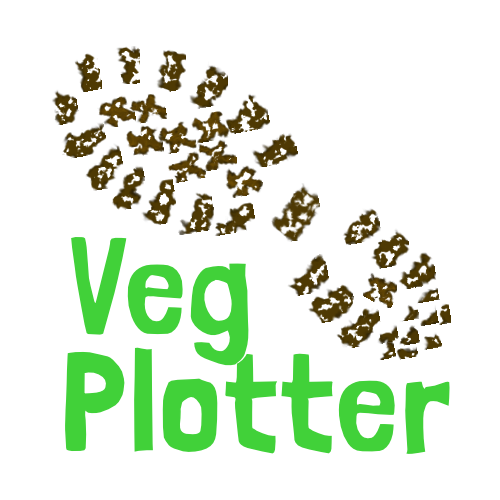Why Soil Preparation is the Secret to a Record-Breaking Spring Harvest

As the frost retreats and the first signs of green emerge, the urge to get seeds into the ground is undeniable. However, any seasoned grower will tell you that a successful harvest isn’t won in the planting—it’s won in the soil preparation.
In 2026, with shifting climate patterns and a growing focus on sustainable "no-dig" methods, preparing your garden beds is no longer just about "turning the dirt." It is about engineering a living ecosystem. By investing time now, you can dramatically increase your yield, reduce pest pressure, and ensure your garden thrives all season long.





